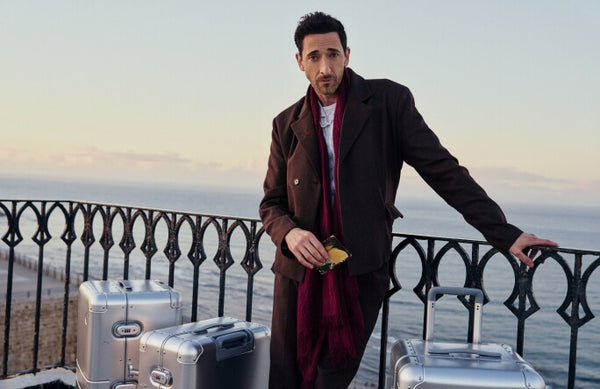
One of the most beloved books of the past 80 years is Antoine de Saint-Exupéry’s literary classic, The Little Prince. Presented in over 380 languages, it is translated more than almost any book in circulation today. The story follows the adventures of a young space-exploring Prince who lives on a small asteroid. Though often classified as a children’s book because of its straightforward writing and fable-like prose featuring talking animals and personified flowers, The Little Prince serves as a wise tale for all.
Saint-Exupéry’s narrator is an aviator who begins the story by reflecting on his life. He crash lands into a tiny asteroid, B-612, no larger than a house, where he meets a boy he calls the Little Prince. Together, they cross deserts and collect stars. They encounter grown-up characters such as the king, the vain man, the drunkard, and the businessman who’ve wasted their lives focusing on things that seem important but only go to serve their egos. From their cautionary accounts, we glean important life lessons.

We’re shown examples of good, through the humble lamplighter and geographer, both possessing a deep sense of responsibility. And the Little Prince befriends a fox who teaches him about attachment, devotion, and loyalty. Ultimately, the Little Prince returns to his home planet with all the knowledge and new experience he’s gained. We’re left wondering how he will choose to lead his life, follow the King’s or Businessman’s aspirations, or lead a more sincere and earnest one. With his pure intentions affirmed, one hopes his future is meaningful. The story is charming and effecting, distilling pearls of wisdom into simple but poetic lines like his famous, “the most beautiful things in the world cannot be seen or touched, they are felt with the heart.”

One of the significant plots of the story is a single rose that suddenly appears on the Little Prince’s asteroid. So astonished with this beautiful flower, the Little Prince tends to it with such care. However, he does not understand the ephemeral nature of the flower until he meets the geographer. And eventually, he learns that there are, in fact, many roses in the universe after landing on Earth and that none of them lasts forever. Nonetheless, the Little Prince declares that his love for his rose remains because it is unique to him. While there are countless morals to be learned from Saint-Exupéry’s novella, this one particularly struck.
“People where you live,” the Little Prince said, “grow five thousand roses in one garden... yet they don’t find what they’re looking for...”
“They don’t find it,” I answered.
“And yet what they’re looking for could be found in a single rose, or a little water...”

Travelling often feels like it’s about adventuring out to the farthest reaches of the Earth and experiencing something only a few have before. And while that is undoubtedly amazing, the beauty and wonder of this world can be found everywhere. We live in a system that seldom encourages us to slow down and treasure what we have in front of us. Instead, we can experience the joys of discovery in the pulsating sensation of being in the city or away from that, into a green space that’s a little more open, a little more still. We can find moments of splendor in our journeys, near and far, familiar and new. Whether five thousand miles away or five blocks from your front door, no matter where you are, on Earth or B-612, we see the same stars in the sky. ■


















